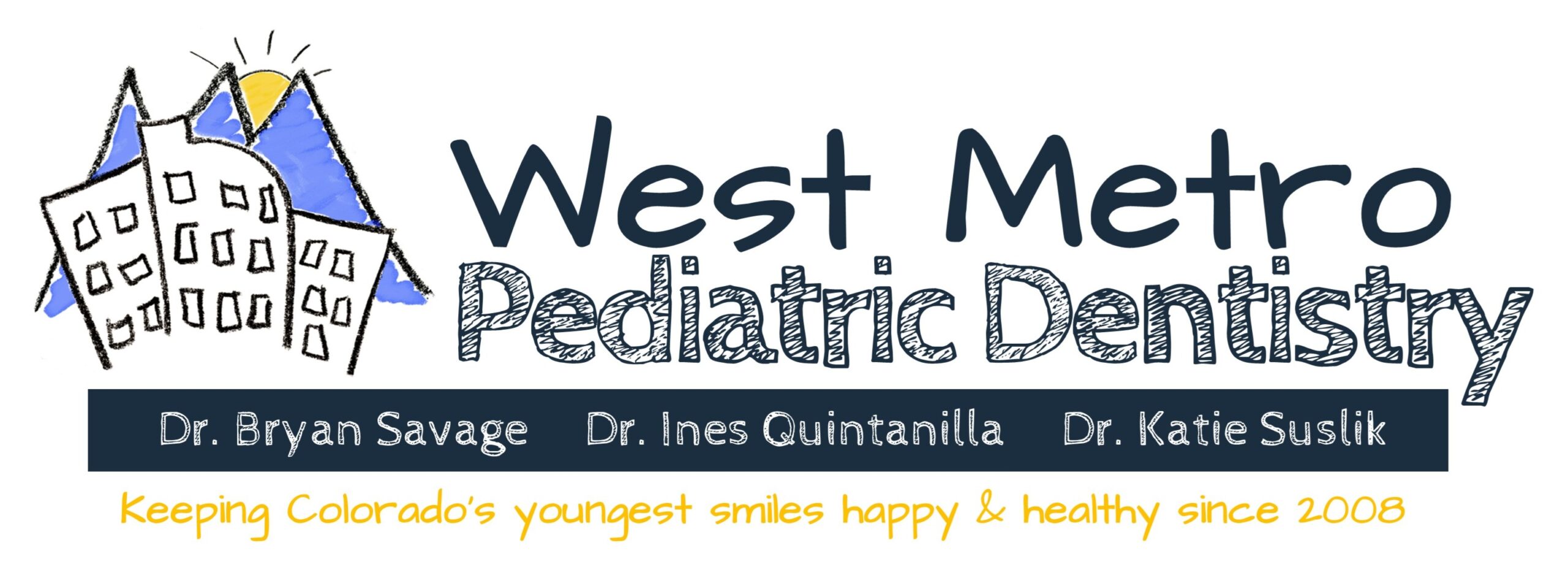Tweens & Teens Oral Health
10 Things To Know About Oral Health For Your Middle And High School Aged Children
Last of the Baby Teeth
Believe it or not, adolescents typically don’t lose the last of their baby teeth until 11 or 12 years old. Usually, the canines and second molars are the last to come out.
Wisdom Teeth
All of your child’s permanent teeth should be in by around the age of 12 or 13, except for the wisdom teeth. These third molars can erupt as late as 21 years old, but we’ll keep an eye on them and keep you posted about whether or not your child will need to have those extracted with an oral surgeon.
Dental Visits
As tweens and teens continue to grow and change, their oral health also continues to evolve. At this age, we start to see more plaque build up on the teeth and under the gums, so the dentist may start to scale (or scrape with a dental instrument) your child’s teeth at their visit.
Oral Hygiene
As adolescents take over oral hygiene completely on their own, our biggest concerns are regular brushing and flossing done well. This means thorough brushing two times a day for at least two minutes, and flossing at least once a day. Continue to “spot check” to look for a job well done—lifting the lips to make sure they aren’t missing around the gum line, which is pretty common.
Whitening
As an adolescent’s permanent teeth come in, we are often asked about tooth coloring and options for whitening. Baby and adult teeth can naturally be different colors, and the contrast can sometimes make the adult teeth look more yellow than they actually are. We usually recommend waiting until all baby teeth are out and permanent teeth are in for any type of treatment options for this.
Sports, Energy & Coffee Drinks
Sports, energy & coffee drinks become more popular at this age. However, from a dental perspective, they are definitely something to use with caution. They can contain high amounts of two things that are very harmful to teeth: sugar and acid. Ideally, we encourage avoiding them all together and sticking with water as much as possible.
Orthodontics
Your child will be evaluated regularly during these years to see if he/she may need orthodontic treatment. Orthodontics are often recommended to help with the growth and development of your child’s mouth, the appearance and alignment of teeth, and the overall health of the mouth by relieving excess pressure in certain areas of the bite.
Mouthguards & Nightguards
Wearing a mouthguard while playing sports is so important at these ages. Mouthguards protect your child’s lip, tongue, mouth & jaw from injury, and can also help with concussions. Nightguards (once the permanent teeth are fully erupted) can help with grinding (also called bruxism).
Piercings
The teen years are a popular time to think about oral piercings. It’s important for your teen to know that these piercings can have adverse effects on their oral health. In addition to hygiene concerns, oral problems associated with swallowed/aspirated jewelry, speech impairment, fractured teeth and gum recession can occur.
Vaping & Tobacco
Vaping & tobacco use is often established during adolescence. According to the Center for Disease Control, nearly 9 out of 10 cigarette smokers first tried smoking by age 18. Tobacco products contain toxins that can cause various types of cancer, gum disease, bad breath, tooth discoloration and a diminished sense of smell.
What To Know for Adolescents
Sports & Energy Drinks: Use With Caution
Sports and energy drinks become a popular item as your child starts to play organized sports more regularly. However, they are definitely something to use with extreme caution. Most ideally, we’d encourage avoiding them all together and sticking with water for hydration purposes.

